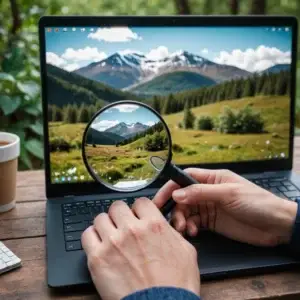
In today’s fast-paced world, it’s hard to imagine life without our electronic devices. We rely on our smartphones, tablets, and laptops to stay connected to the world around us. But what happens when we need to recharge our devices while we’re out and about? We often turn to public USB charging stations, which are convenient and readily available in many public spaces such as airports, hotels, and shopping malls. However, the FBI has recently issued a warning about a new threat to our devices: “juice jacking.”
Juice jacking is a term

used to describe a cyber attack where hackers use the USB ports at public charging stations to install malware and monitoring software onto unsuspecting users’ devices. This can happen when users connect their devices to the USB ports to charge them. The hackers can then access personal and sensitive information such as login credentials, emails, and text messages, as well as install spyware or ransomware that can completely lock users out of their own devices.
The FBI has advised the public to avoid using public USB charging stations, especially those that are unsecured or unattended. Instead, they recommend using a wall outlet with a charger or bringing your own portable charger. Another precaution is to turn off your device or put it in airplane mode while charging, as this can reduce the risk of unauthorized data transfers.

While the idea of juice jacking may seem like something out of a sci-fi movie, it’s a very real threat. In fact, several cases of juice jacking have already been reported across the country. In one instance, a hacker set up a fake charging kiosk at the DefCon hacking conference in Las Vegas, hoping to lure unsuspecting attendees into plugging in their devices. Fortunately, the hacker was caught before any damage was done.
The best defense against juice jacking is to be aware of the risks and take precautions. Always be cautious when using public charging stations, and avoid connecting to any unsecured or unattended USB ports. When in doubt, bring your own charger and usb cable or rely on wall outlets. Use a VPN while on public networks. Carry a portable charger. By taking these simple steps, you can help protect your personal information and keep your devices safe from cyber attacks.



